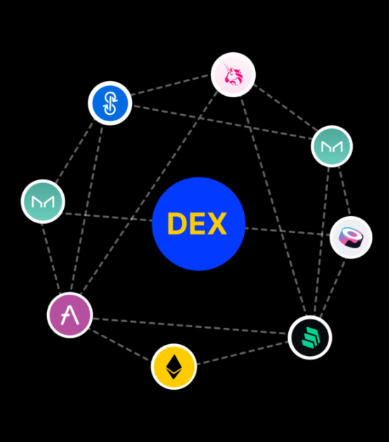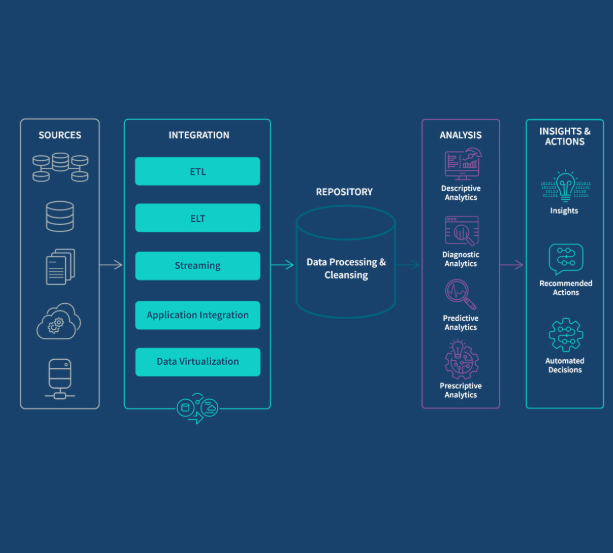
In the fast-paced world of real estate, AI agents are becoming indispensable tools for professionals striving to streamline operations, enhance customer engagement, and boost profitability. But how exactly do these AI agents contribute to success in the real estate industry? Let’s explore the concept of AI agents, how they work, and how they’re revolutionizing the real estate landscape.
What Are AI Agents and Real Estate AI Agents?
AI agents are intelligent systems that use sophisticated algorithms to interact with their environment, learn from data, and automate complex tasks traditionally handled by humans. These systems can be anything from simple chatbots to more complex autonomous tools that make decisions and perform tasks independently.
In the realm of real estate, AI agents are specialized tools designed to handle tasks like property valuation, customer support, and even managing marketing strategies. These agents help real estate professionals enhance their productivity, reduce operational costs, and improve customer relationships by automating essential functions.
The Core Components of AI Agents
AI agents are composed of several interconnected modules that help them perform tasks efficiently. Let’s break down the key components that make these systems work:
- Perception and Input Handling: This is the initial step in the AI agent’s task. It involves receiving and processing input data, such as user queries, structured data from APIs, or sensor readings. The data is then cleaned and organized for further use.
- Planning and Task Decomposition: After understanding the task at hand, the planning module divides it into smaller, actionable steps, allowing the AI to operate more efficiently, especially for long-term tasks.
- Reasoning and Decision Making: Using the data processed by the earlier modules, this part of the AI agent decides the best course of action. It applies logical rules and learned behaviors to make informed decisions.
- Memory: AI agents retain information about previous interactions, enabling them to offer more personalized experiences and recall relevant details from past events or conversations.
- Execution: Once the reasoning module has decided on a course of action, the execution module carries it out, such as sending emails, updating schedules, or communicating with other systems.
- Communication: The communication module enables AI agents to interact with humans or other systems. In real estate, this is especially crucial for answering inquiries, scheduling showings, or even providing property recommendations.
- User Interface: The user interface allows humans to interact with the AI, whether through a chatbot, voice assistant, or a specialized dashboard. This is the face of the AI that users engage with to get information or perform tasks.
Applications of AI Agents in Real Estate
AI agents are making waves across the real estate industry, helping professionals achieve more in less time. Here are some of the most significant ways AI is being applied:
- Virtual Property Tours: AI and augmented reality (AR) enable prospective buyers to take virtual tours of properties, eliminating geographic barriers and making it easier for them to explore homes from anywhere in the world.
- AI Co-Pilots and Search Assistants: These intelligent systems assist real estate agents by performing tasks like analyzing property data, tracking market trends, and predicting buyer preferences. They can efficiently handle the complex workflows, freeing agents to focus on more strategic tasks.
- Smarter Marketing: By analyzing user behavior and utilizing natural language processing (NLP), AI can help real estate marketers target serious buyers more effectively, optimizing campaigns and capturing valuable leads.
- Automated Document Review: AI can quickly analyze commercial real estate documents, identifying relationships between them and flagging discrepancies, errors, or missing information that could affect property value.
- Property Management: From tracking listings to monitoring rental applications and lease agreements, AI streamlines property management tasks, reducing manual errors and ensuring better decision-making.
- Fraud and Compliance Detection: Using AI and computer vision, real estate professionals can detect fraudulent listings, ensuring the images and descriptions match the actual properties, safeguarding against misleading marketing.
- Advanced Property Analysis: AI can process multiple data points—crime rates, nearby amenities, school quality, and more—helping agents and investors make well-informed property decisions.
The Business Benefits of AI in Real Estate
Incorporating AI agents into real estate operations offers numerous benefits:
- Increased Efficiency: AI takes care of repetitive tasks such as scheduling, communication, and data entry, freeing up real estate professionals to focus on high-value activities.
- Better Risk Management: AI’s predictive analytics capabilities help identify market trends, property vacancies, and other risk factors, enabling professionals to act proactively.
- Data-Driven Decisions: With AI’s ability to analyze vast amounts of data, real estate professionals can make more informed decisions, whether it’s setting property prices, choosing investment opportunities, or crafting marketing strategies.
- Improved Compliance: AI systems ensure that real estate operations comply with laws and regulations by automating data management and applying predefined rules consistently.
- 24/7 Availability: AI agents work around the clock, offering prompt responses to client inquiries and ensuring operations continue without interruption, regardless of time zones.
Conclusion
AI is transforming the real estate industry, offering powerful tools that help professionals make smarter decisions, automate routine tasks, and enhance customer interactions. With the right components—such as perception modules, planning systems, and communication tools—AI agents are capable of performing complex functions that were once manual, freeing up human agents to focus on what truly matters. As the industry continues to evolve, embracing AI in real estate is no longer just an option; it’s a necessity for staying competitive and achieving success in today’s fast-paced market.















































